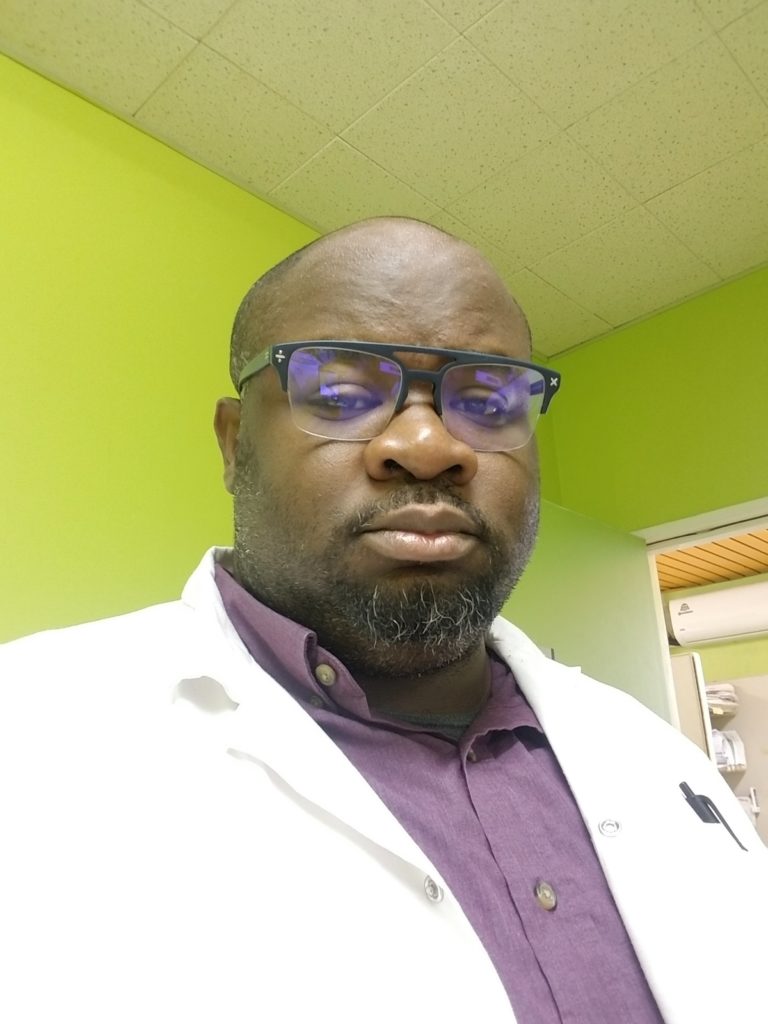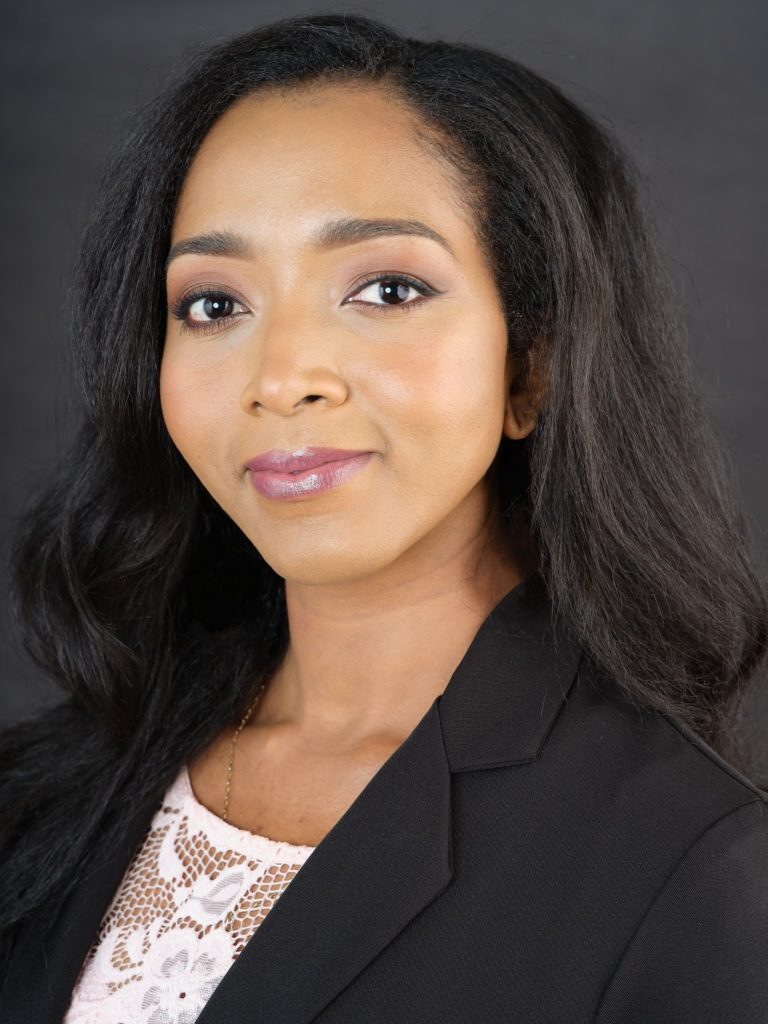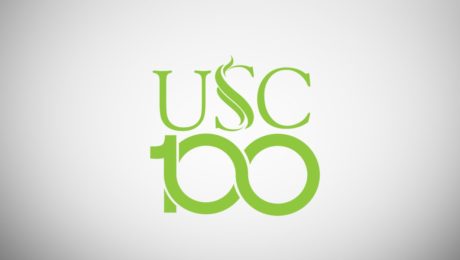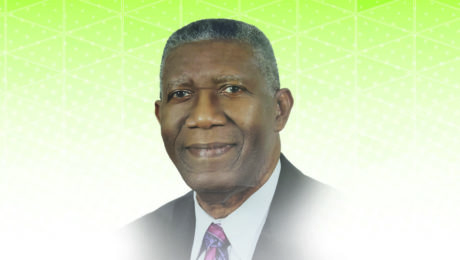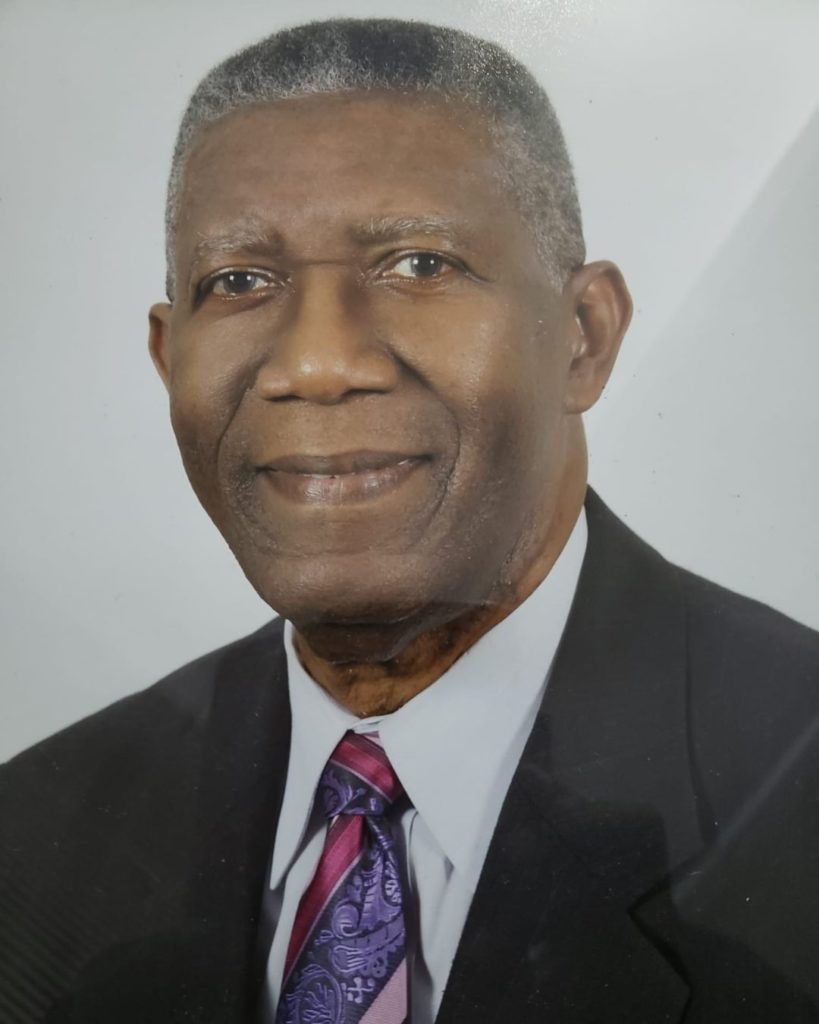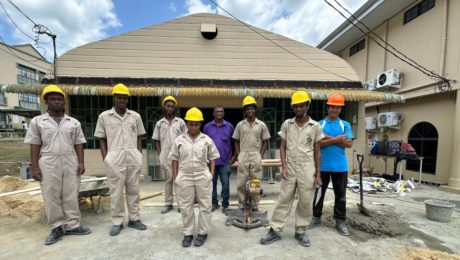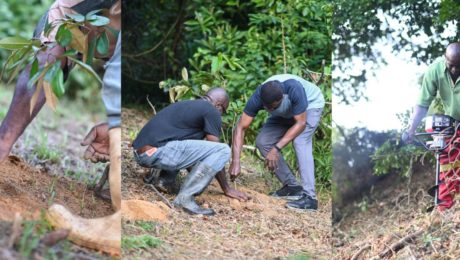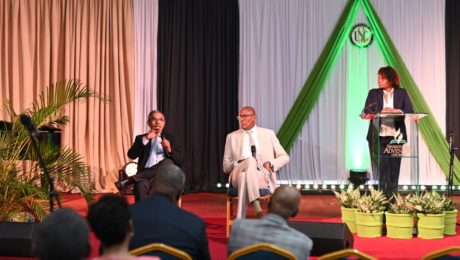Innovative Collaboration: USC Welcomes MIC Institute of Technology Trainees for Experiential Learning
By Kadan Esson, Corporate Communications Assistant & Simone Augustus, Corporate Communications Officer
In a groundbreaking move at the forefront of experiential education, the University of the Southern Caribbean (USC) has embarked on a transformative partnership with the MIC Institute of Technology. This dynamic collaboration signals a new era in academic-industry synergy, promising to revolutionize the landscape of vocational training and career readiness.
The collaboration between the MIC Institute of Technology and USC marks a significant milestone in the realm of experiential learning. Through the Multi-Sector Skills Training (MuST) Programme, fourteen masonry trainees have been welcomed to USC’s Main Campus for a five-month training period. Spearheaded by the MIC Institute of Technology, the MuST Programme aims to cultivate a pool of proficient, certified workers in key sectors of the economy.
Under the guidance of Mr. Lincoln Laltoo, Coordinator of the Department of Facilities Management at USC, these trainees are gaining hands-on experience in a real-world environment. Working alongside USC’s experienced staff, they are seamlessly integrating theoretical knowledge with practical application, enhancing their skill set and operational capacity.


The MuST Programme’s emphasis on inclusivity aligns closely with USC’s commitment to student achievement and preparedness for future careers. By offering internship opportunities within its departments, USC is providing trainees with invaluable experiences and mentorship, ensuring they are equipped with the skills needed to succeed.
Speaking about their experiences at USC, the masonry trainees shared insights into their journey. Nathan Hinds expressed satisfaction in applying his interests in tiling, carpentry, and electrical work to the ongoing renovation of the University’s Barn, remarking, “It feels rewarding to contribute to campus improvements for future enjoyment.” Isaiah Rudder echoed this sentiment, finding fulfillment in utilizing his expertise in electrical, plumbing, welding, and tiling to contribute to the university community.
Through this partnership, trainees are not only gaining expertise in masonry but also acquiring a comprehensive skill set encompassing various aspects of general construction. From foam work, concrete mixing and pouring, plastering, tiling, ceiling work, joinery, electrical work, and plumbing, they are immersed in a diverse range of tasks, ensuring they graduate with practical skills highly sought after in the industry.



Moreover, the collaboration extends beyond vocational training, encompassing holistic support for the trainees’ educational and personal advancement. USC provides access to resources such as the campus gym and student shuttle service, enhancing their overall well-being and efficiency.
As the partnership between MIC Institute of Technology and USC continues to evolve, the potential for innovation and impact is limitless. Together, they are shaping the future of education, empowering students to become lifelong learners, innovators, and leaders in their respective fields.
In conclusion, the collaboration between MIC Institute of Technology and USC exemplifies a transformative model of collaboration, innovation, and experiential learning. By bridging the gap between academia and industry, they are paving the way for a brighter and more prosperous future for trainees and the wider community alike.
- Published in News, Office of the President
USC’s KindHearted Thrift ‘N Valley Store Set to Relocate to New Campus Location
By Sharon De Freitas, Director of Business Development & Simone Augustus, Corporate Communications Officer
Amidst the lively ambiance of the University of the Southern Caribbean (USC), where friendly chatter intertwines with the rhythm of bustling footsteps, a new chapter is about to unfold. In April 2023, the campus experience was enriched with the inauguration of the USC’s very own on-campus Thrift ‘N Valley Store, igniting a spirit of community and sustainability. Now, as the store celebrates its one-year anniversary, it prepares for a momentous relocation to a new, dedicated space within the university grounds.
Previously nestled within the confines of the USC Bookstore, the KindHearted Thrift ‘N Valley Store is poised to embark on a new journey in its very own location, formerly known as “The Barn”. This strategic move comes as a result of the store’s remarkable success and burgeoning growth over the past year.


Piloted by visionary alumni and fueled by the unwavering support of donors, both locally and overseas, the USC Thrift ‘N Valley Store has become a beacon of philanthropy and community engagement. Generous contributions of time and resources from USC alumni and friends have played a pivotal role in the store’s evolution, embodying a spirit of dedication and commitment to the university’s mission.
With over $90,000.00 in sales generated to date, the Thrift ‘N Valley Store stands as a testament to USC’s commitment to educational excellence and holistic student development. All proceeds from the store are directed towards student scholarships or other projects specified by donors, furthering the university’s mandate to nurture the “head, heart, and hand” of its community.
Moreover, the store has provided invaluable opportunities for student involvement, offering job training, internships, and practical skill development that complement the academic journey of USC students. This holistic approach to education underscores USC’s dedication to preparing students for success beyond the classroom.


As renovations are underway to transform the new 2000 plus square feet facility into a welcoming hub for shoppers and donors alike, anticipation builds within the USC community for the grand reopening of the KindHearted Thrift ‘N Valley Store at its new location. With its relocation, the store is poised to continue its legacy of fostering sustainability, supporting educational excellence, and empowering students to reach their fullest potential.
As the USC community eagerly awaits the unveiling of the revamped Thrift ‘N Valley Store, the spirit of philanthropy and camaraderie continues to thrive, echoing the university’s ethos of going beyond excellence in all endeavors.
- Published in News, Office of the President
University of the Southern Caribbean Invests in Farming Equipment for Economic Diversification
By Sharon De Freitas, Director of Business Development & Simone Augustus, Corporate Communications Officer
The University of the Southern Caribbean (USC) continues to make strides in its agricultural pursuits with the recent acquisition of several pieces of equipment aimed at enhancing its farming operations. Situated on the sprawling three hundred plus acre estate known as La Realista, nestled in the lush Maracas Valley, USC has embarked on a journey to leverage its natural resources for economic sustainability and academic enrichment.
Since its acquisition by the Seventh-day Adventist Church in 1927, La Realista has served as the heart of USC’s academic endeavors, accommodating over 1200 students amidst its tranquil and fertile surroundings. However, USC’s vision extends beyond nurturing the human mind; the institution is equally committed to cultivating the land it occupies.
In 2023, USC took a significant step towards diversifying its income streams by registering its estate with the Ministry of Agriculture’s farmers program, culminating in the issuance of a farmer’s license early that year. This pivotal development opened doors to government subsidies, grants, and technical support, empowering USC to expand its agricultural activities.



Building upon this foundation, USC recently invested in several pieces of cutting-edge agricultural equipment, including a mulcher, drive-on grass cutter, and an electric utility vehicle.
The rationale behind these investments is straightforward: to leverage the abundant resources at USC’s disposal for sustainable agricultural practices. USC has embraced the ethos of cultivating not only the human mind but also the fertile lands it possesses. Just as plants require time, inputs, and effort to thrive, USC recognizes that nurturing ideas and initiatives demands similar dedication and resourcefulness.
Dr. Colwick Wilson, President of USC, has demonstrably emphasized the institution’s commitment to achieving financial sustainability through prudent investments and strategic initiatives. The acquisition of state-of-the-art equipment represents a significant step towards realizing this vision, as USC continues to explore innovative avenues for growth and development. The newly acquired equipment was dedicated on Wednesday, March 27, 2024 by Dr. Colwick Wilson – President, USC; Dr. Kern Tobias – President, CARU; Ps. Johnson Frederick – Executive Secretary, CARU; and Ps. Bertie Henry – Treasurer, CARU.
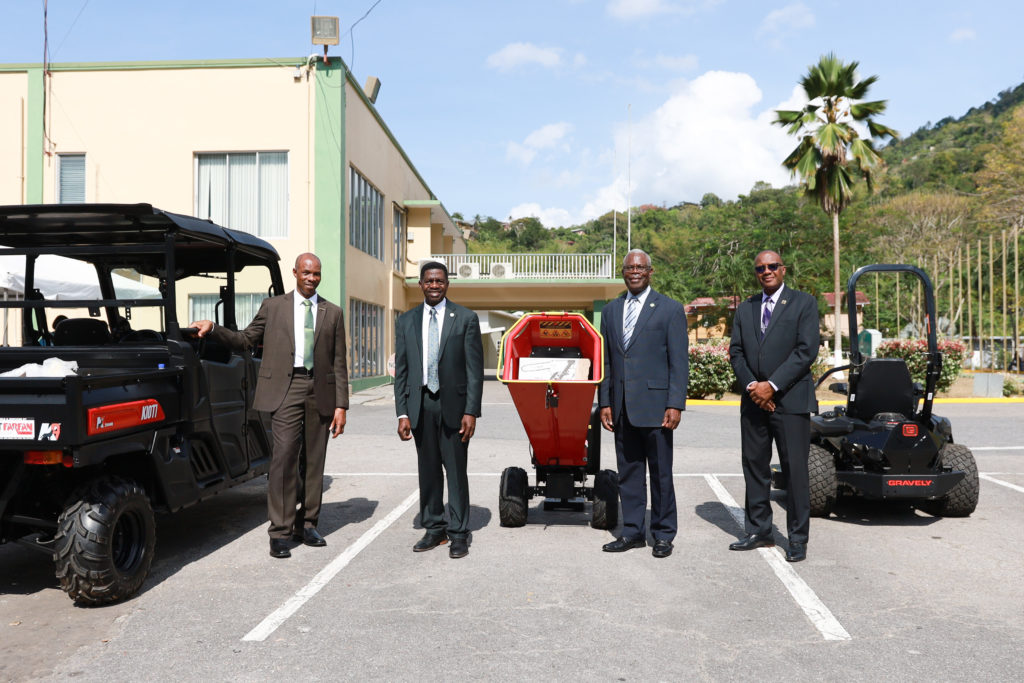
With the cultivation of short crops such as cabbages, tomatoes, and patchoi already underway, USC’s agricultural endeavors are poised for further expansion and success. By harnessing the potential of its La Realista estate and embracing a holistic approach to sustainability, USC reaffirms its dedication to excellence in both academia and agriculture.
As USC forges ahead on its journey towards economic self-sufficiency, the acquisition of agricultural equipment stands as a testament to the institution’s resilience, ingenuity, and unwavering commitment to creating a brighter future for generations to come.
- Published in News, Office of the President
USC’s Food Sustainability Drive Blossoms Beyond the Farm: Tree-Planting Initiative Enhances Campus Experience
By Simone Augustus, Corporate Communications Officer
In its ongoing commitment to food sustainability and environmental stewardship, the University of the Southern Caribbean (USC) has extended its initiatives beyond the confines of the USC Farm. On Friday, February 2, 2024, a notable tree-planting exercise spearheaded by Dr. Colwick Wilson, showcased USC’s dedication to fostering a sustainable campus ecosystem while enhancing the student experience.
The event marked the establishment of fruit trees in various locations around the Main Campus, symbolizing a tangible step towards integrating nature into daily campus life. With the vision that these trees will mature and bear fruits over time, USC students can look forward to the delightful prospect of picking and enjoying fresh fruits as part of their everyday campus experience.



Dr. Wilson emphasized the dual purpose of the tree-planting exercise: promoting food sustainability and contributing to campus beautification. By strategically planting fruit trees across the Main Campus, USC not only aims to provide nutritious and locally sourced produce but also enhances the aesthetic appeal of the university grounds, aligning with USC’s overarching strategic plan looking ahead to its centennial in 2027.
This tree-planting exercise underscores USC’s commitment to cultivating a culture of environmental consciousness and stewardship among its student body. By integrating food production into the campus landscape, USC fosters a deeper connection between students and their environment, promoting a sense of ownership and responsibility towards sustainable living practices.



As the fruit trees take root and flourish in the coming years, USC anticipates a bountiful harvest that will not only nourish the body but also feed the spirit of community and collaboration. With each fruit harvested serving as a testament to USC’s dedication to sustainability, the university sets a shining example for institutions seeking to create vibrant and resilient campus environments.
Looking ahead, USC remains steadfast in its mission to explore innovative solutions for promoting food security, environmental sustainability, and student well-being. Through collaborative efforts and continued engagement with stakeholders, USC envisions a future where sustainability is not just a goal but a way of life ingrained in the fabric of campus culture.
As the fruits of this initiative ripen, USC invites students, faculty, and staff to partake in the journey towards a greener, healthier, and more sustainable future. Together, let us nurture the seeds of change and cultivate a campus environment where sustainability thrives and flourishes for generations to come.
- Published in News, Office of the President
Happy 50th Independence Anniversary Grenada!

The University of the Southern Caribbean extends congratulations to the beautiful Spice Isle nation of Grenada on the grand occasion of its 50th Independence Anniversary!
As we join in celebrating this significant milestone, we reflect on the rich history and enduring connections between Grenada and our university. Our Grenadian students, faculty, staff and alumni contributes significantly to the USC community, embodying the spirit of excellence, resilience, and commitment to service.
We salute the people of Grenada for their achievements, progress, and vibrant culture. May this anniversary be a time of joy, reflection, and renewed dedication to the values that have shaped the nation’s remarkable journey.
We celebrate your accomplishments and look forward to witnessing your continued contributions to society.
May God bless you on this your golden jubilee.
Happy 50th Independence Anniversary Grenada!
- Published in Alumni, Corporate Communications, News, Office of the President
USC Leadership Academy’s Second Session Explores “Leadership Stories” in Higher Education: Fostering Visionary Leadership for a Transformative Future
By Simone Augustus, Corporate Communications Officer
The University of the Southern Caribbean (USC) continues to spearhead initiatives aimed at fostering leadership excellence within its academic community and beyond. On Friday, January 19, 2024, the USC Leadership Academy (USCLA) hosted its second session, themed “Leadership Stories,” featuring insightful presentations from distinguished leaders in the field of higher education in Trinidad and Tobago and the wider Caribbean region.
USCLA, designed to cultivate ethical, visionary, and transformational leaders, targets key figures such as Administrators, Deans, Chairs, Directors, and Coordinators crucial to USC’s success. The academy combines theoretical foundations with experiential learning, aligning with the university’s mission, vision, and overarching objectives.
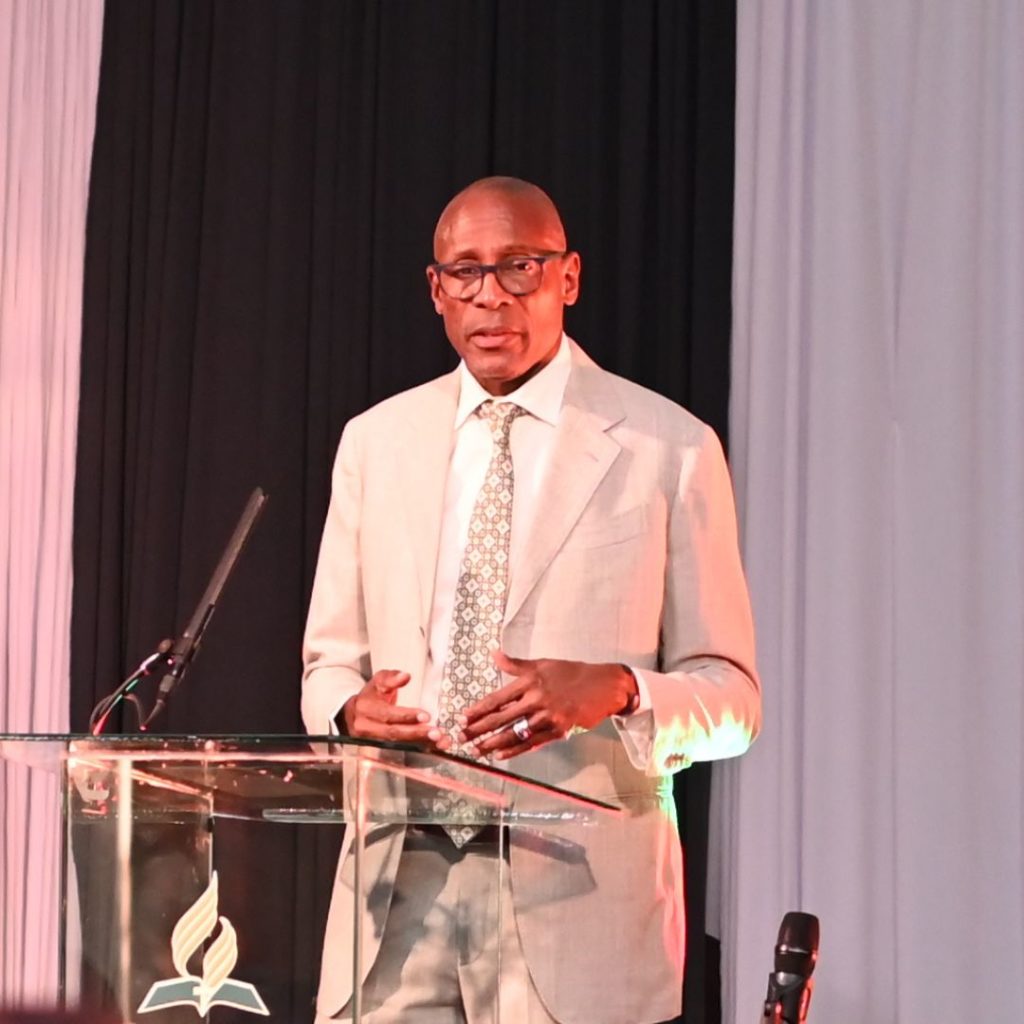
Leadership Insights from Dr. Keith Nurse:
Dr. Keith Nurse, President of the College of Science, Technology and Applied Arts of Trinidad and Tobago (COSTAATT), shared profound insights into the challenges and opportunities within the realm of higher education. His presentation commenced with a focus on Government expenditure on education, followed by a detailed analysis of tertiary education spending. One key takeaway from Dr. Nurse’s presentation was his emphasis on the importance of continuous progress.
“If you are in a steady state, you are actually in reverse,” he asserted. The presentation delved into the expenditure on Research and Development (R&D) from 2011-2020, with a particular emphasis on Latin American countries. Dr. Nurse stressed the significance of pushing the boundaries of knowledge, stating, “The capacity to catch up becomes more difficult the further behind you are.”
The presentation concluded with a reminder of the richness of educational institutions and the imperative for a strategic approach to utilize this richness effectively.
Leadership Wisdom from Professor Prakash Persad:
Professor Prakash Persad, President of the University of Trinidad and Tobago, offered valuable insights into leadership, emphasizing the crucial quality of listening. His presentation centered on the challenges impacting higher education and the leadership required to address these issues.
“A good leader listens,” Professor Persad declared, highlighting the importance of understanding and responding to the concerns and needs of the academic community.
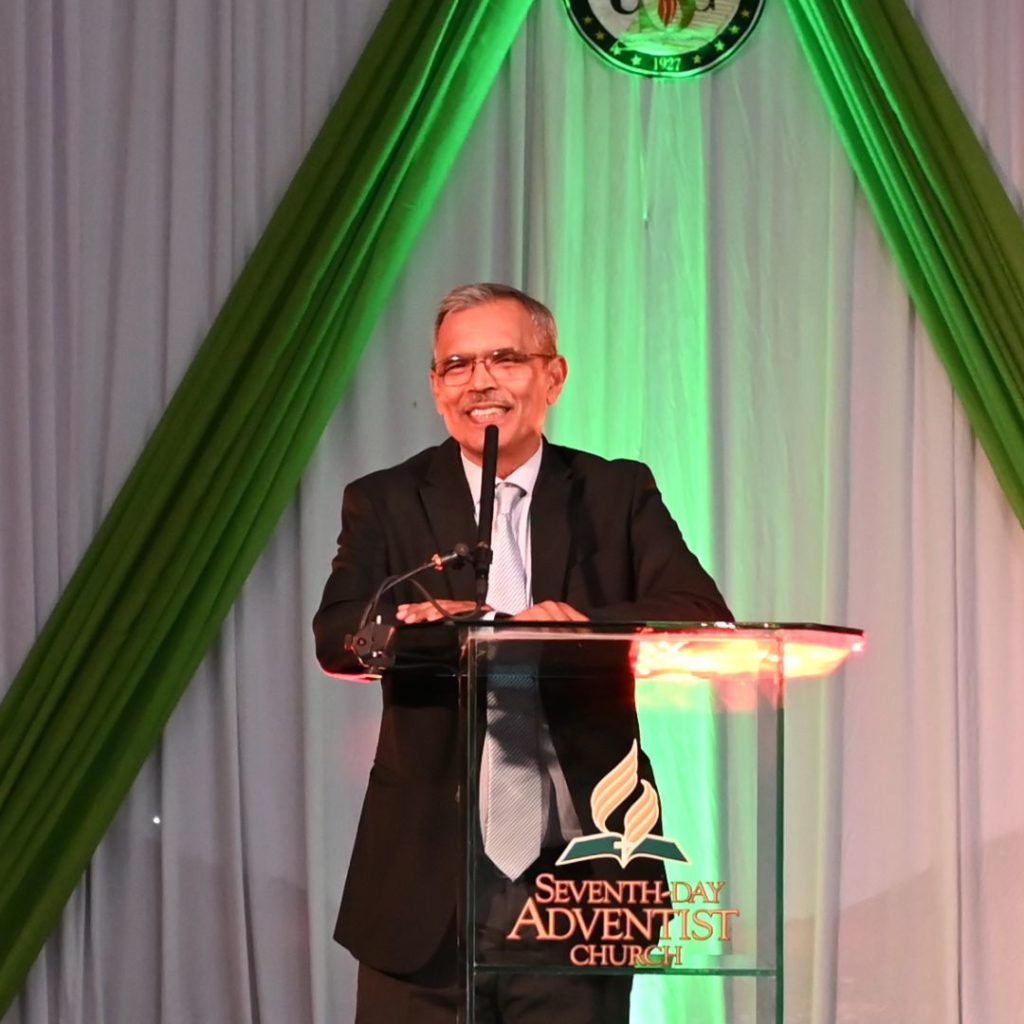
His presentation contributed to a comprehensive exploration of the multifaceted landscape of higher education leadership. He echoed Dr. Keith Nurse’s assertion regarding the urgency of addressing the gap in education, emphasizing the need for proactive measures.
Addressing current challenges in higher education, Professor Persad advocated for a practical approach to education, emphasizing technical vocational training and industry integration. He stressed the qualities of honesty, care, and selflessness in leadership, highlighting the importance of serving others.
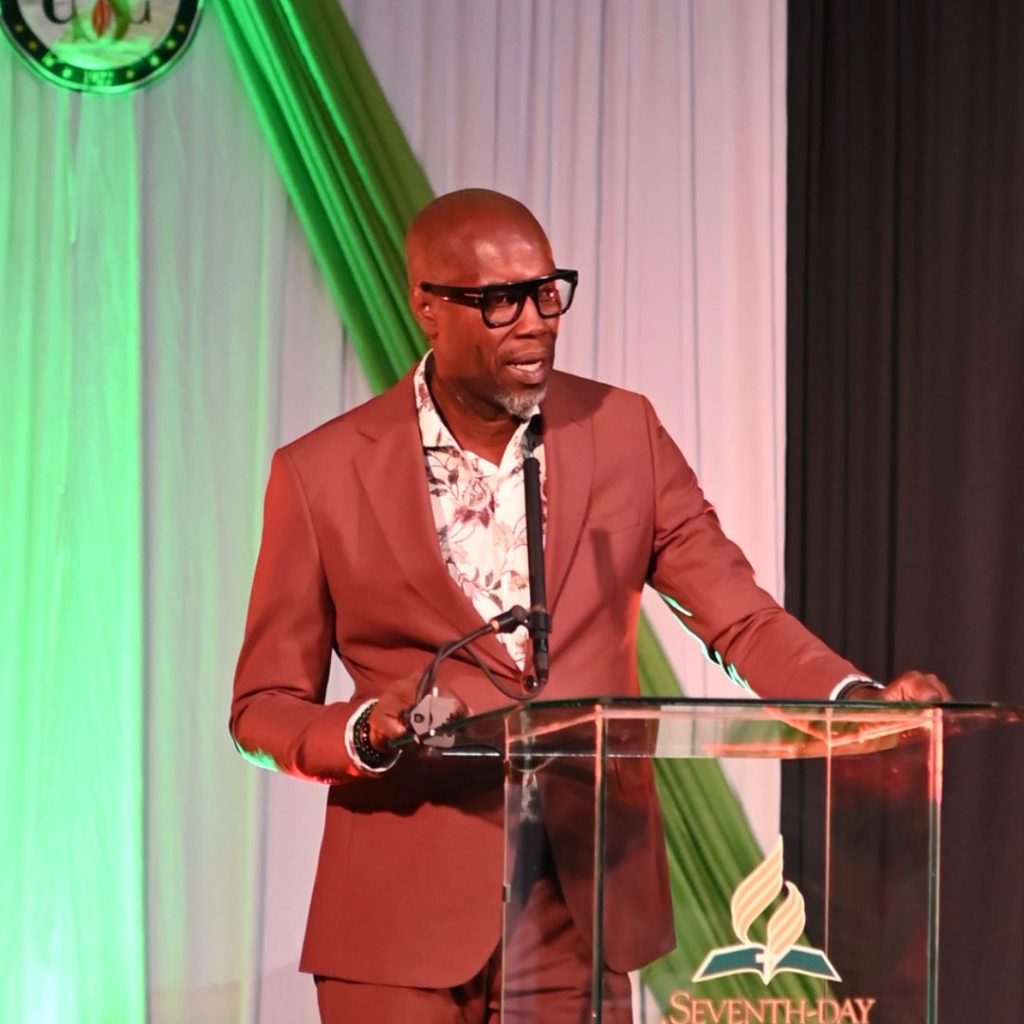
Embracing Innovation and Change: Insights from Mr. Durey Arthur
In a reflection of the evolving landscape of leadership, Mr. Durey Arthur shared insights from his dynamic journey over the past 25 years. His presentation focused on the resistance to technological shifts among leaders in Trinidad and Tobago, advocating for the embracing of innovation. Mr. Arthur highlighted his contributions, including introducing holograms to official documents, and discussed ongoing projects addressing crime.
Expressing frustration at the lack of local engineering support for imaginative ideas, he emphasized the importance of embracing change and rejecting complacency.
Acknowledging his mother’s influence on his leadership journey, Mr. Arthur expressed gratitude and shared how challenges, such as being fired from USC, led him to give back to the institution. His inspirational conclusion centered on the question, “What if?” driving innovation and progress.
Recognizing Leadership Excellence
The session also featured the presentation of awards by Dr. Barbara Reynolds, Vice President for Administration, Advancement, and Planning. A significant moment unfolded as Mr. Durey Arthur received an award and graciously dedicated it to his wife, Mrs. Leslie-Marie Arthur, recognizing her pivotal role in their shared success.
Dr. Reynolds emphasized the significance of celebrating Caribbean male figures who excel in their endeavors.
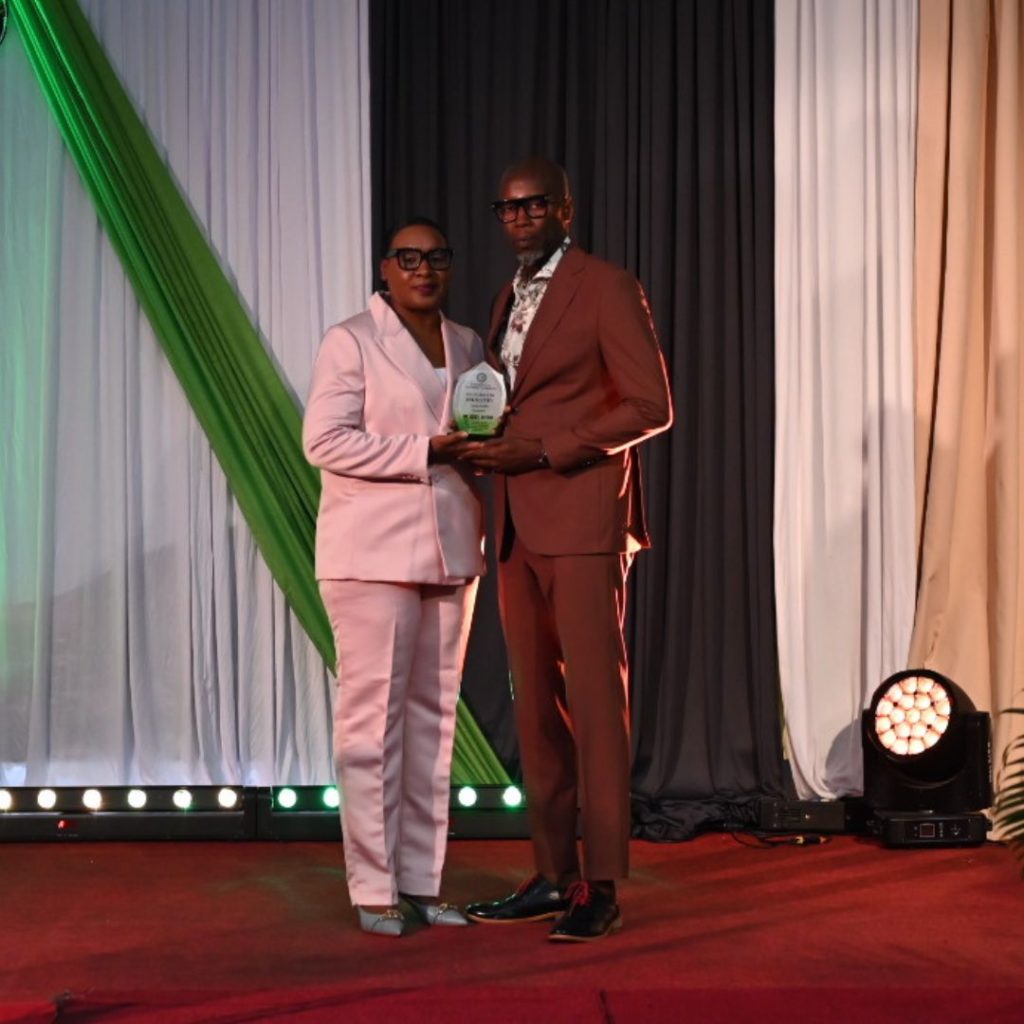
Her remarks echoed sentiments shared by the speakers, underscoring the importance of research for regional development and progress.
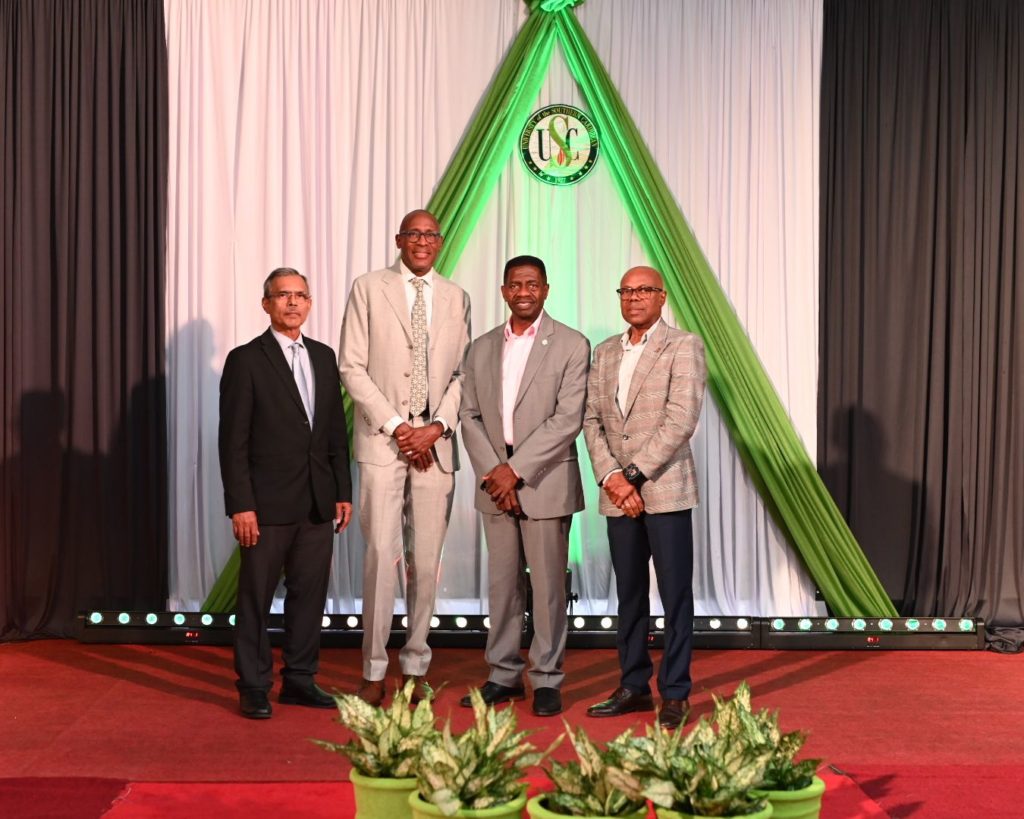
The USC Leadership Academy’s second session, “Leadership Stories,” not only exemplifies the university’s commitment to leadership development but also reinforces its dedication to forming impactful partnerships that contribute to the growth and progress of the Caribbean region.
As USC continues to invest in leadership excellence through initiatives like USCLA, the university remains at the forefront of shaping leaders who inspire, innovate, and drive positive change. Leadership matters at USC, and the investment in leadership development reflects the institution’s dedication to shaping a brighter future.
View full photo album on Flickr: https://www.flickr.com/photos/usctt/albums/72177720314493138/
- Published in News, Office of the President


